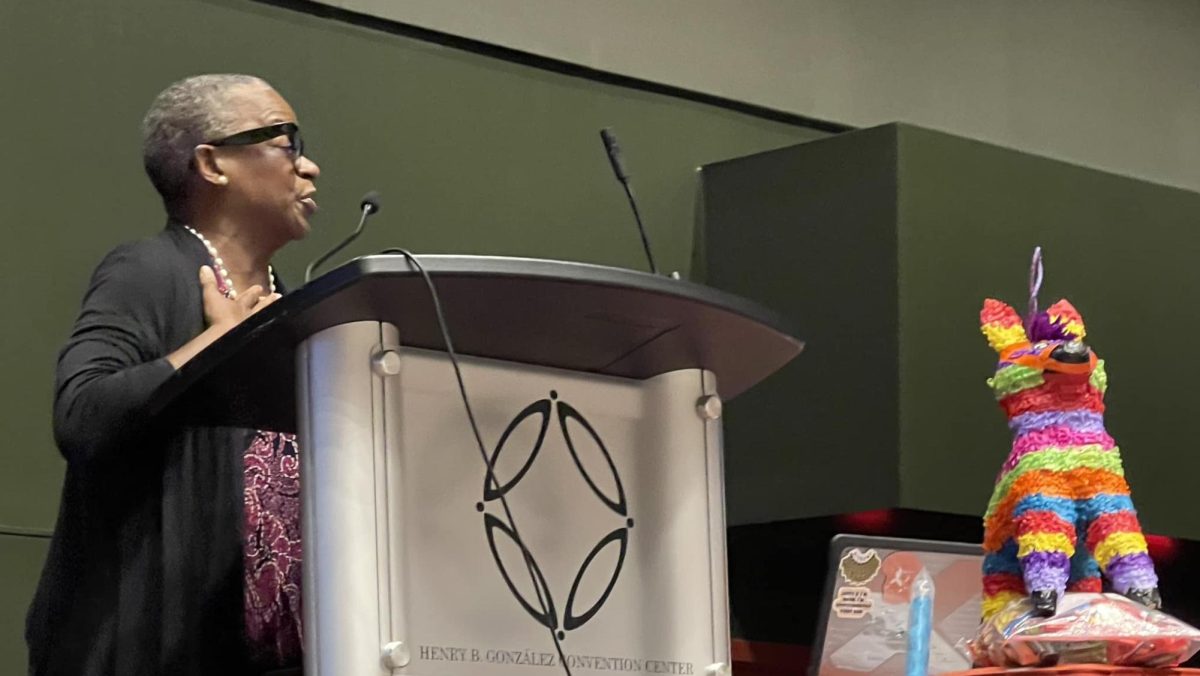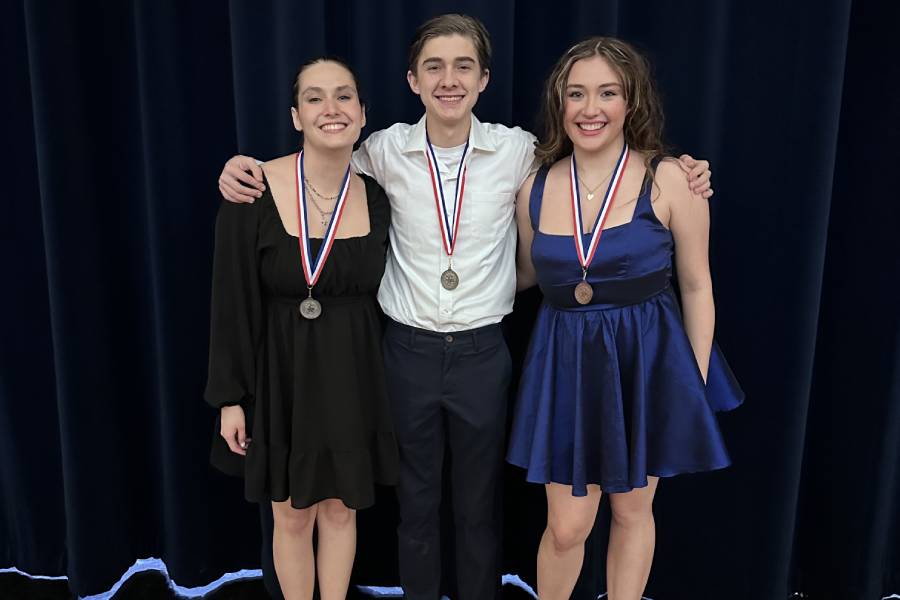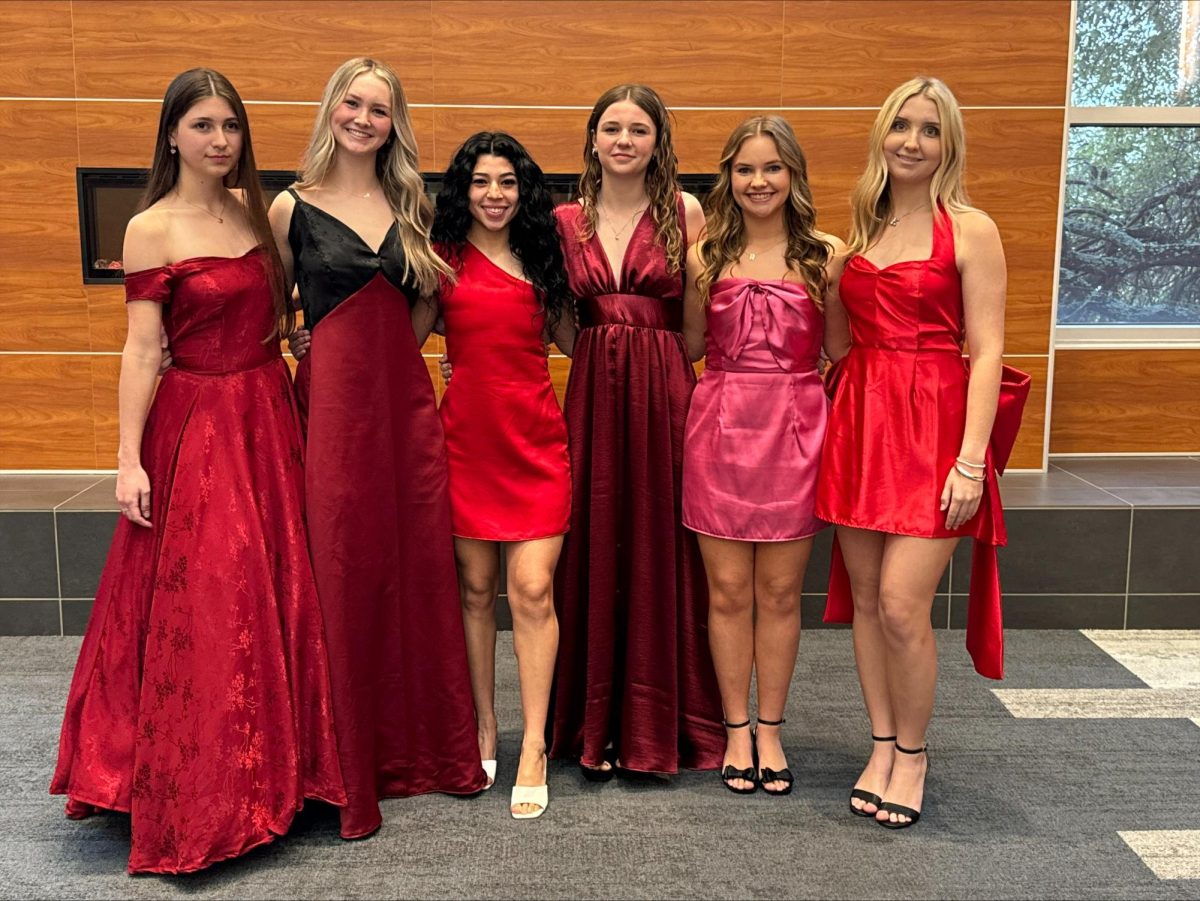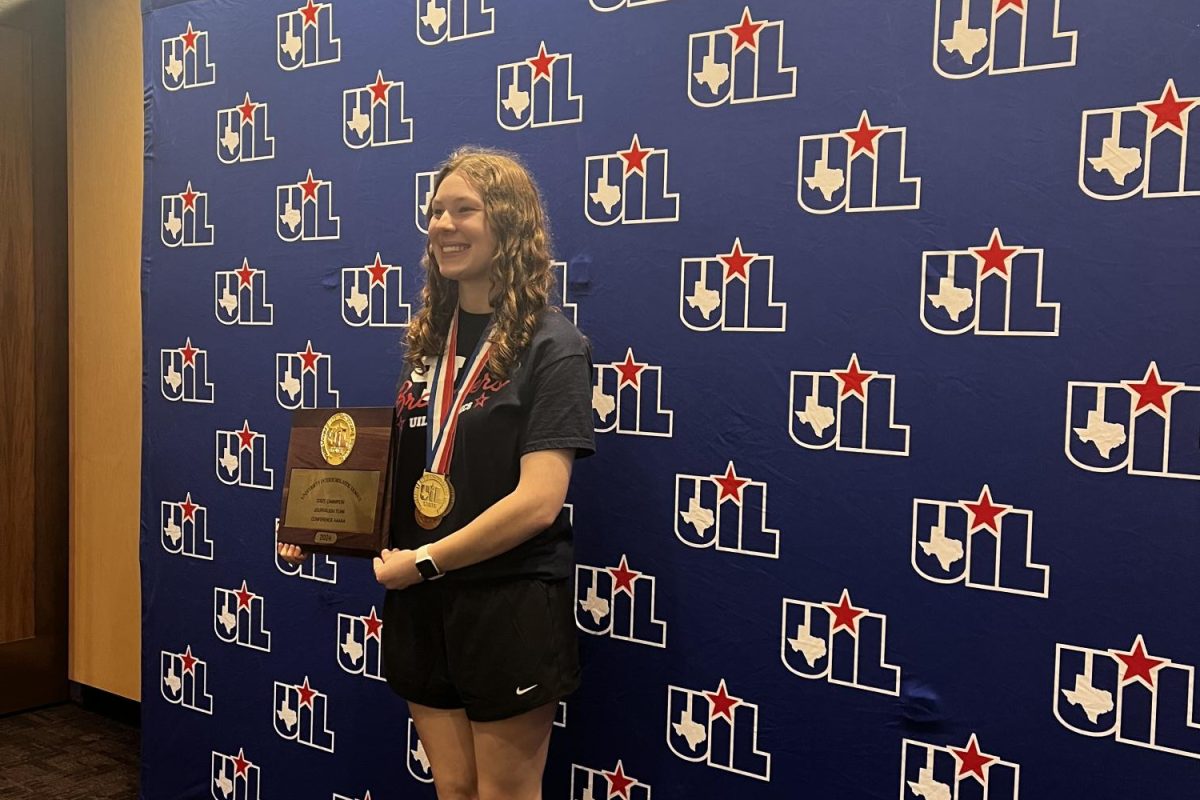The Greatest Generation typically describes those who grew up during the Depression and World War II. However, Kathleen McElroy believes that description belongs to today’s youth.
The University of Texas journalism professor addressed more than 600 journalists and their advisers during Monday’s closing ceremony of the Texas Association of Journalism Educators Fall Fiesta in San Antonio.
“You are the greatest generation because you have communication in your DNA,” McElroy said. “You have the ability to contact someone around the world. You have the ability to tell stories.”
She compared the use of communication skills as a superpower, but she also cautioned that with great power comes great responsibility.
“Think of the skills you learn as a journalist: you know how to gather information, you know how to organize it, and you know how to share it,” McElroy said. “You have super skills. All of you have the ability to use those skills in your high school, small newspaper, NPR … you all have that power.”
Because of the COVID shutdowns, these students have their own story to share about that experience.
“Another thing you all have – superpower or not, y’all decide – is resilience,” she said.
“COVID – it sucked. There are scars. Don’t let people take them away from you. You have earned them. Don’t let someone else define what COVID meant to you.”
She told the audience that they had the power to put in context what COVID means.
“I’m not saying it’s an excuse,” she said. “It’s a way to claim context to a thing that happened in the next 10, 20 years.”
She claimed that while journalism is professed to be the first draft of history, “it’s often a crappy first draft.” She also told the students that using Wikipedia is getting to first base in dating – it’s just a start to put the story in context.
“Eyewitness reports are great,” she said, “but they are not the only part of the story.”
McElroy said she often is asked for advice about the best colleges to attend.
“The best university is where you feel you belong,” she said. “Remember your personal context … .You are the only person who can determine what is the best university for you.”
She did not talk about the recent controversy over her hiring as director of Texas A&M School of Journalism. After a signing ceremony in June, A&M officials began changing the terms of the contract until McElroy decided to remain at UT. A&M will pay $1 million to McElroy for the way the university handled the hiring process.
However, McElroy – a graduate of Texas A&M – mentioned her alma mater.
“I still support Texas A&M journalism, I support UT, I support Texas Southern…,” she said.
Jeanne Acton, retired Interscholastic League Press Conference director, asked McElroy whether she thought journalism was dying.
“I don’t want to give breath to ‘journalism is dying’,” McElroy said. “Journalism is not dying. Particular products might change, but the last time I checked, I don’t teach at the School of Print. I teach at the School of Journalism.”
She called on her audience to use their skills as communicators and journalists in the future.
“Whatever you do from here on out, you can take those skills and change the world,” she said, “because you are the greatest generation.”








